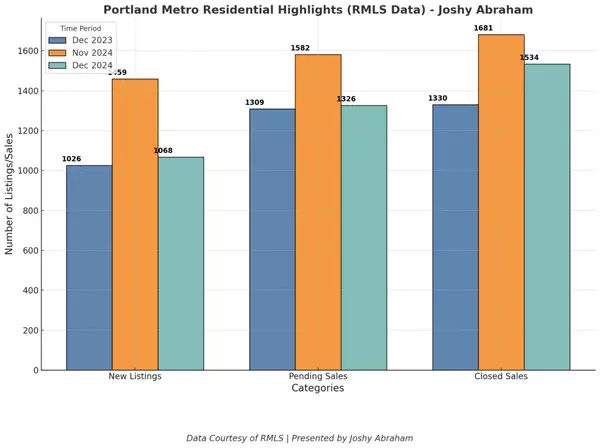Why Some Sellers Refuse to Negotiate Repairs — And What It Means for Buyers
You've made it past the home search, submitted a strong offer, and finally got under contract. Then the inspection report comes in — and like most reports, it reveals a few issues. You submit a reasonable request for repairs or credits… but the seller flatly refuses. No repairs. No credits. No counteroffer.
Sometimes, it even feels like they’re hoping you’ll walk away.
So why does this happen?
1. They Priced the Home Below Market Value Intentionally
Some sellers strategically list their homes slightly below market value to attract multiple offers and drive competition. In their minds, they’ve already “given a deal” upfront. When repair requests come in after inspection, they may resist negotiating further — feeling like they’ve already done enough.
While this strategy can work well in a hot market, it can also lead to friction when buyers expect repairs based on what the inspection reveals.
2. They Believe the Market Has Shifted in Their Favor
Sellers may feel the market is moving upward — especially if nearby homes have gone pending quickly or news reports highlight a rise in prices. If they believe they can get more now than when they first listed, they might be less inclined to cooperate during inspection negotiations. Some may even hope the deal falls apart so they can relist at a higher price.
It’s a risk — and one that doesn’t always pay off.
3. They’re Hoping for a Buyer Who Will Waive Inspections
In competitive areas or when sellers are confident in their home’s appeal, they may wait for a buyer willing to accept the home “as-is.” If your offer includes inspection-based requests, they might view you as less desirable and decline any concessions in hopes of attracting a buyer who won’t ask for repairs at all.
4. They’ve Received Backup Offers
Even after a home goes under contract, sellers may receive backup interest. If those buyers have better terms — such as fewer contingencies or a higher price — the seller may be less motivated to negotiate with the current buyer. While they’re still legally bound by the contract, their willingness to work with you may fade.
5. They Misjudged the Home’s Condition
Some sellers genuinely don’t know the full condition of their home until the inspection report comes in. If they’re surprised by the findings — especially if they’re expensive or safety-related — they might feel defensive or overwhelmed. Instead of renegotiating the price or addressing the issues, some shut down entirely.
6. They’re Testing How Serious You Are
Sellers sometimes use firmness (or silence) as a tactic to gauge whether you’re truly committed. If they sense you’re emotionally or financially invested, they may think you’ll accept the home as-is just to keep the deal alive. In these cases, rejecting repair requests becomes a test of your willingness to move forward.
What Can You Do as a Buyer?
- Focus repair requests on major issues like safety, systems, or structural items.
- Know your limits — be ready to walk away if the home doesn’t meet your standards.
- Understand the seller’s pricing strategy — was it aggressive, fair, or inflated?
It can be frustrating when sellers refuse to negotiate after an inspection, but there are often deeper reasons behind their decision. Some think the home was already priced fairly (or even low), others may believe they can do better with a different buyer. Occasionally, it’s just a matter of emotion, pride, or misinformation.
Whatever the reason, your best strategy is to stay informed, emotionally grounded, and represented by an agent who can guide you through the process.
Have questions ?
I’m Joshy Abraham, a licensed real estate agent serving buyers and sellers across Bethany, Beaverton, Hillsboro, and Portland. I’ll help you stay informed, protected, and confident throughout your home journey.
Disclaimer: The following content is for informational purposes only and reflects general industry trends or personal opinion. Every transaction is unique, and outcomes may vary based on market conditions, location, negotiation dynamics, and individual parties involved. Please consult a licensed real estate professional for advice specific to your situation.
Categories
Recent Posts










GET MORE INFORMATION

